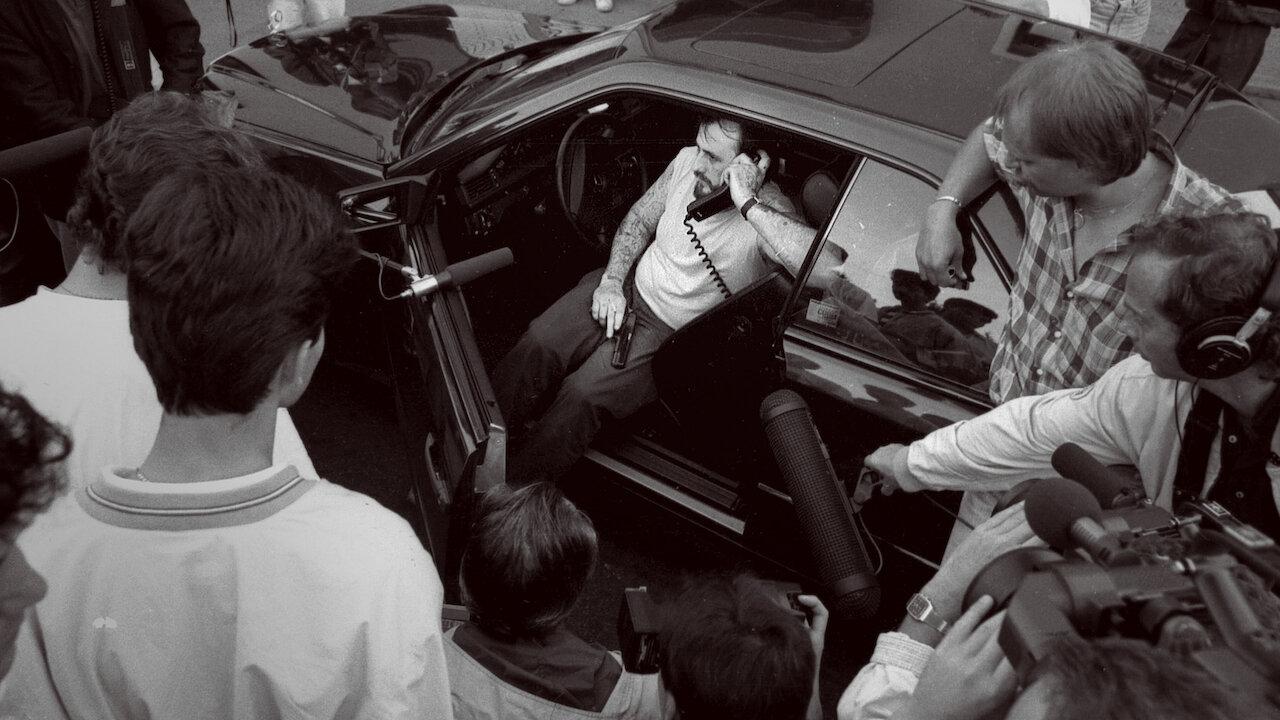
Gladbeck: The Hostage Crisis (2022)
In August 1988, two armed bank robbers keep German police at bay for 54 hours during a hostage-taking drama that ends in a shootout and three deaths.

In August 1988, two armed bank robbers keep German police at bay for 54 hours during a hostage-taking drama that ends in a shootout and three deaths.
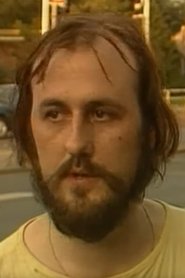 Hans-Jürgen RösnerSelf
Hans-Jürgen RösnerSelf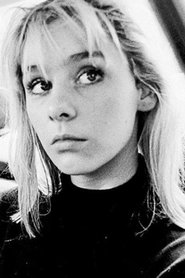 Silke BischoffSelf
Silke BischoffSelfThis James A. FitzPatrick Traveltalks short visits the West German cities of Hamburg, Bremen, Munich, and Heidelberg. Included are scenes of World War II destruction that lingered at the time.
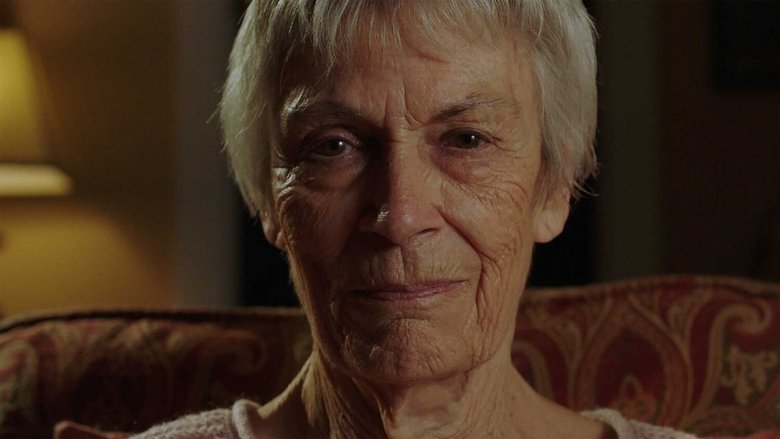
In a investigation into the pernicious origins of Stockholm Syndrome, a thrilling family story intersects with a dramatic bank robbery in Sweden (1973) and the famous kidnapping of Patty Hearst (1974).
May 27th, 1971 was a rainy day. In the small town Radevormwald, the world seems to be still in order. But on this day, 46 people die in a train crash, amongst them 41 schoolchildren. Since then, Radevormwald has been connected with one of the worst railway catastrophes of Germany. The touching documentary reconstructs the tragedy and shows how much the event still influences the life in the town until today.
A film about and with Max Ernst.
Ingrid Betancourt was the world’s most famous hostage. On February 23rd 2002, Ingrid, a presidential candidate in Columbia’s elections, was kidnapped by the left-wing FARC rebel group along with her assistant and friend Clara Rojas. She was held for over six years in the jungle. This is the first documentary account of what happened in the jungle in her words and those of fellow hostages. In a truly remarkable interview Ingrid relives stories of escape and betrayal, love and hate, terror and extraodinary courage.
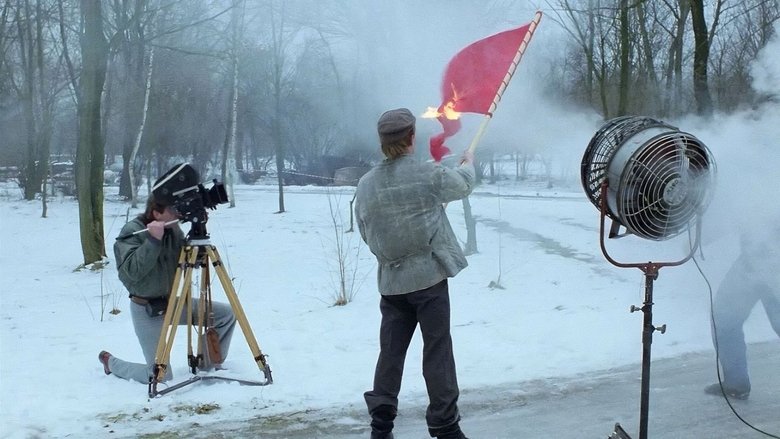
The film does not have a plot per se; it mixes documentary footage, along with standard movie scenes, to give the audience the mood of Germany during the late 1970s. The movie covers the two-month time period during 1977 when a businessman was kidnapped and later murdered by the left-wing terrorists known as the RAF-Rote Armee Fraktion (Red Army Fraction). The businessman had been kidnapped in an effort to secure the release of the original leaders of the RAF, also known as the Baader-Meinhof gang. When the kidnapping effort and a plane hijacking effort failed, the three most prominent leaders of the RAF, Andreas Baader, Gudrun Ensslin, and Jan-Carl Raspe, all committed suicide in prison. It has become an article of faith within the left-wing community that these three were actually murdered by the state.
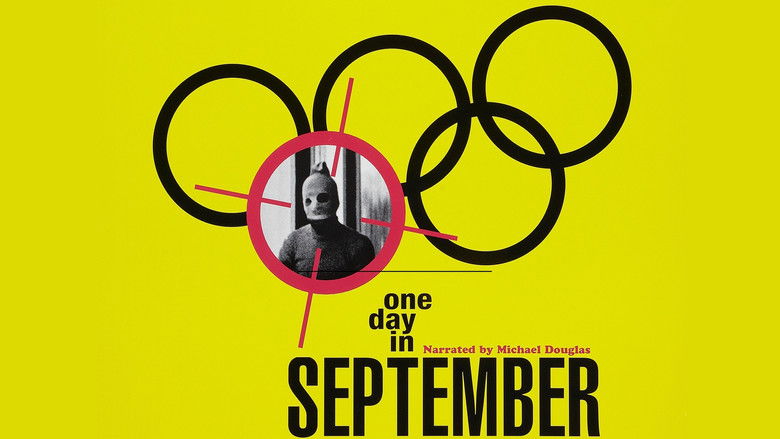
The full story of the 1972 Munich Olympics Massacre and the Israeli revenge operation 'Wrath of God.' The 1972 Munich Olympics were interrupted by Palestinian terrorists taking Israeli athletes hostage. Besides footage taken at the time, we see interviews with the surviving terrorist, Jamal Al Gashey, and various officials detailing exactly how the police, lacking an anti-terrorist squad and turning down help from the Israelis, botched the operation.
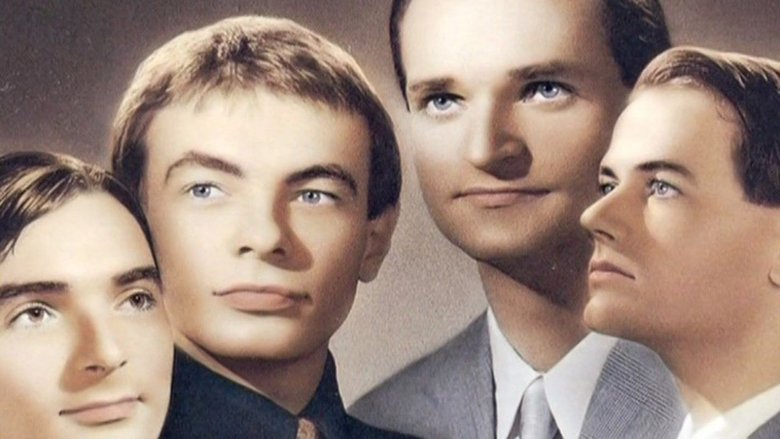
Kraftwerk's vision of a keyboard-driven world of clicking metronomic rhythms and digitised sound bites may have been the stuff of avant fantasy in the 1970s (the decade that saw the band's first groundbreaking albums), but it is a reality in the new millennium. Their visionary style is explored in KRAFTWERK AND THE ELECTRONIC REVOLUTION, a study of the group, their career and their emergence as the most influential electronic band in the world.
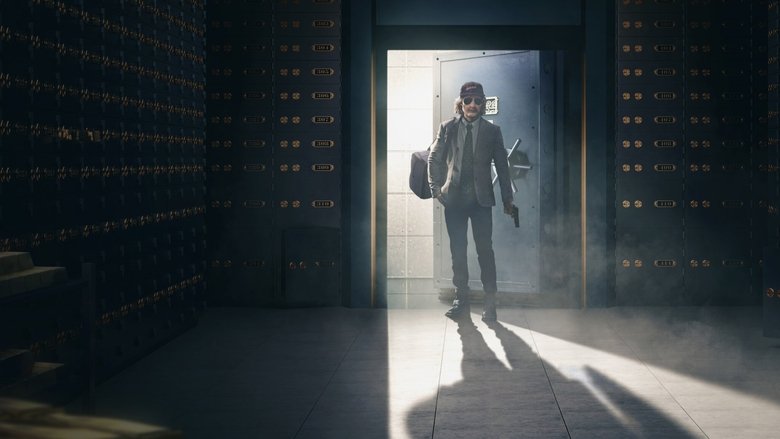
In this true-crime documentary, a charismatic rebel in 1990s Seattle pulls off an unprecedented string of bank robberies straight out of the movies.
A character-driven, political-thriller documentary that explores the volatile events that defined Alberto Fujimoris decade-long reign of Peru: His meteoric rise from son of poor Japanese immigrants to the presidency; his fateful relationship with the shadowy and Machiavellian Vladimiro Montesinos; his self-coup that dissolved overnight both Congress and the Judiciary.
The recounting of a deadly Canadian bank robbery in the 1950's and the resulting massive man hunt for the killer.
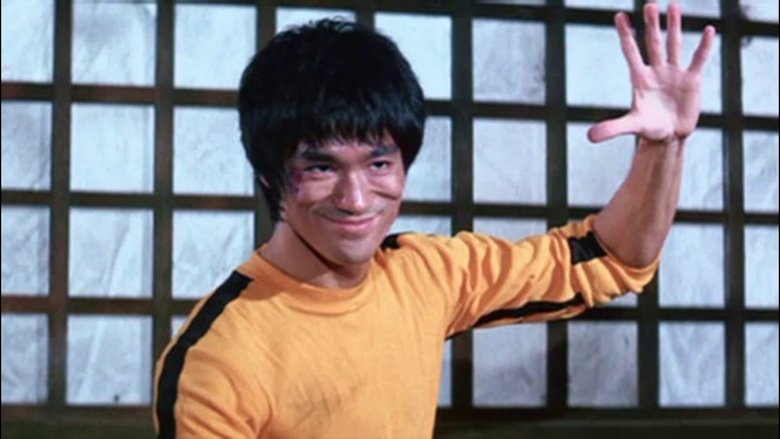
Documentary on the legendary martial artist Bruce Lee, with a focus on the production of his unfinished film Game of Death. Using interviews and behind-the-scenes footage, Lee aficionado John Little paints a portrait of the world's most famous action hero, concluding with a new cut of Game of Death's action finale, reconstructed from Lee's notes and recently-recovered footage.
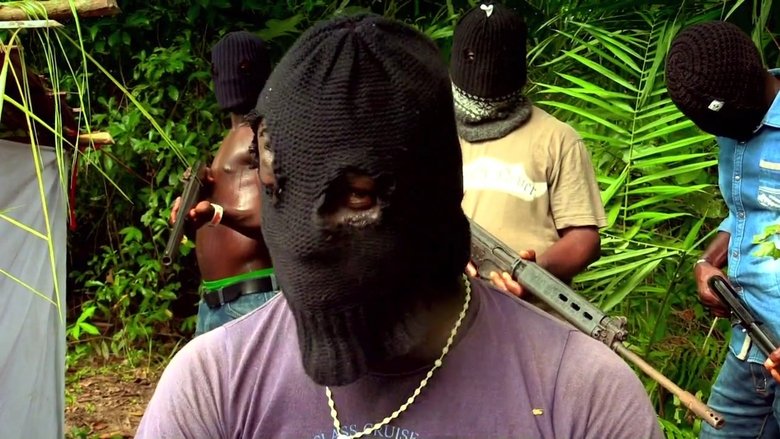
The French researcher Bertrand Monnet visits pirates in Nigeria and Somalia to learn how they make money from oil theft and kidnapping.
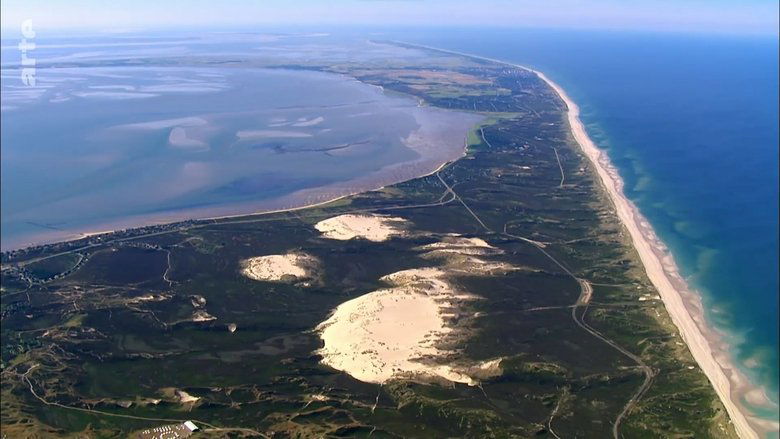
Endless beaches, dunes, heath and the Wadden Sea characterize the landscape of Sylt. Germany's largest North Sea island is also a paradise for numerous animal and plant species. Around half of its area is under landscape or nature protection. In spring and autumn, thousands of migratory birds stop here on their way between Siberia and East Africa. Sheep graze on the dike meadows, female seals give birth to their young off Sylt. And the Sylt Wadden Sea is one of the last large wilderness areas in Europe. But in winter storms hit the island. If the “Blanke Hans”, as the storm on Sylt is called, causes the North Sea to rage, it hits the island with tremendous force. Only a few places on the German North Sea coast are as exposed to the force of the sea as the west coast of Sylt. The documentary shows Sylt's nature in fascinating images. People who are particularly connected to the island and its nature are accompanied in their everyday lives.
Fred Davis introduces us to Canadian Air Force operations in Zweibrucken, West Germany. Follow Green Section as they perform drills and explain what it takes to be a fighter pilot.
Ruud Gullit, Marco van Basten, The brothers Koeman… These were some of the superstars from Holland whose blazing talents made the European Championship of 1988 so memorable and one to log indelibly in the whole recent legend of outstanding international football. Eight teams qualified for the tournament finals, including England who scored more goals than any other side, 18, to reach the final stages – and the Cinderella side from the Republic of Ireland, managed by Jack Charlton. But most of all Euro ’88 had a winning side who swept all before them in a colourful and passionate series of displays that will be viewed again and again by anyone fascinated and intrigued by the way the world’s most popular game is so sumptuously developing as it enters its second organised century. It is a must for fans and serious students alike.
Marcel Ophüls interviews various important Eastern European figures for their thoughts on the reunification of Germany and the fall of Communism.
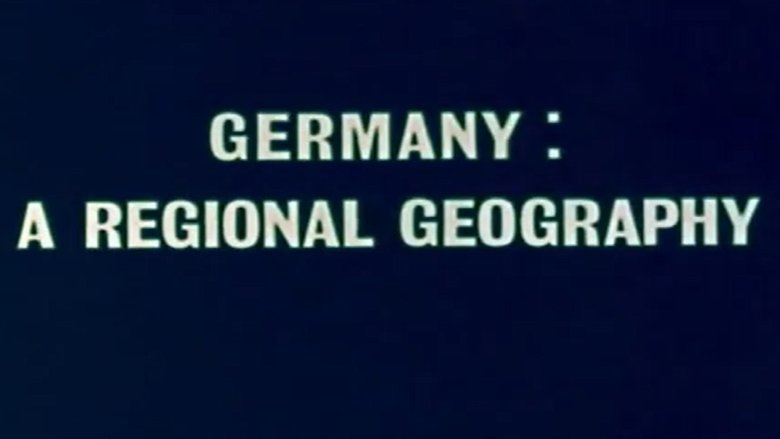
A BAFTA award nominated documentary intended for secondary schools exploring the three distinct geographical regions of Germany from a British perspective.
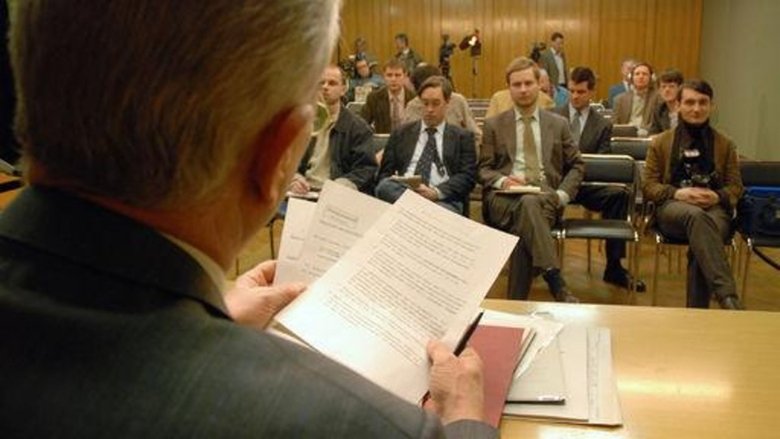
In buildings where foreign workers lived in Germany, there were strict rules of conduct, defined by the house rules and supervised by the building superintendents. Many rights regarding the freedom of movement, communication and behavior were abused. Interviews with the tenants and with the "orderlies" which point out absurd situations and clashes caused by these restrictions.